The Too-Good-to-Be-True Product Hall of Fame
Saramarie0622
Published
04/30/2014
in
Pop Culture
14 Products that were too good to be true.
- List View
- Player View
- Grid View
Advertisement
-
1.
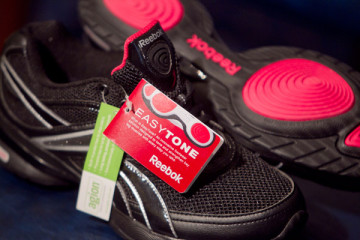 Reebok EasyTone Shoes and Apparel, The claim: "Better legs and a better butt with every step. In an ad featuring a fit and attractive model, Reebok claimed that its walking shoes, running shoes and flip-flops were proven to work your hamstrings and calves up to 11 percent harder and that they toned the buttocks up to 28 percent more than regular sneakers, just by walking.The truth: Though it did not admit to anything, Reebok settled Federal Trade Commission charges, agreed to pay 25 million and promised to stop making claims that toning shoes or apparel strengthen or tone muscles without scientific evidence. Anyone who bought these items can submit a request for a refund here.
Reebok EasyTone Shoes and Apparel, The claim: "Better legs and a better butt with every step. In an ad featuring a fit and attractive model, Reebok claimed that its walking shoes, running shoes and flip-flops were proven to work your hamstrings and calves up to 11 percent harder and that they toned the buttocks up to 28 percent more than regular sneakers, just by walking.The truth: Though it did not admit to anything, Reebok settled Federal Trade Commission charges, agreed to pay 25 million and promised to stop making claims that toning shoes or apparel strengthen or tone muscles without scientific evidence. Anyone who bought these items can submit a request for a refund here. -
2.
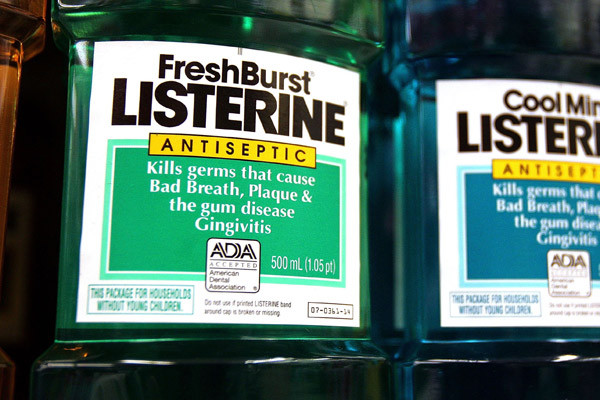 Listerine, The claim: Listerine can prevent and cure colds and sore throats rinsing with it is as effective as flossing in fighting tooth and gum decay.The truth: Initially sold as a surgical antiseptic in the 19th century, Listerine was the first product marketed as a mouthwash starting in 1914. In a landmark 1976 case, the FTC declared that the health claims were bogus and forced Warner-Lambert, its manufacturer at the time, to spend 10 million on ads that read, Contrary to prior advertising, Listerine will not help prevent colds or sore throats or lessen their severity. More recently, in 2005, a federal judge ordered Pfizer, then maker of Listerine, to pull its commercials claiming that rinsing with Listerine is as effective as flossing in fighting tooth and gum decay.
Listerine, The claim: Listerine can prevent and cure colds and sore throats rinsing with it is as effective as flossing in fighting tooth and gum decay.The truth: Initially sold as a surgical antiseptic in the 19th century, Listerine was the first product marketed as a mouthwash starting in 1914. In a landmark 1976 case, the FTC declared that the health claims were bogus and forced Warner-Lambert, its manufacturer at the time, to spend 10 million on ads that read, Contrary to prior advertising, Listerine will not help prevent colds or sore throats or lessen their severity. More recently, in 2005, a federal judge ordered Pfizer, then maker of Listerine, to pull its commercials claiming that rinsing with Listerine is as effective as flossing in fighting tooth and gum decay. -
3.
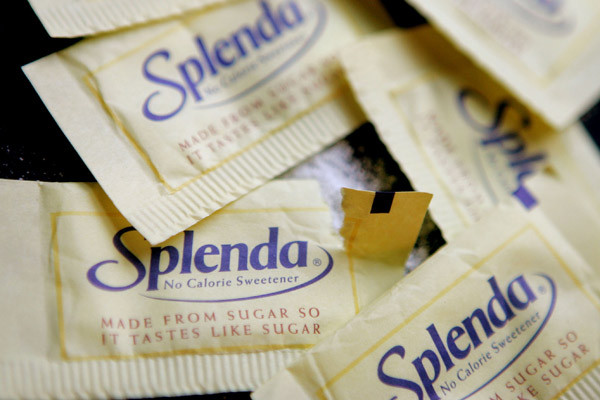 Splenda, The claim: Made from sugar so it tastes just like sugar.The truth: Merisant Co., which makes sugar rival Equal, sued Splenda over its marketing slogan and advertising campaign, arguing that the company led consumers to believe Splenda was healthier and more natural than other sugar substitutes. In 2007, the two sides reached a settlement over the slogan. A jury also reached a verdict, but as a result of the settlement, it was not read in court. Splenda later changed its slogan to Its made from sugar. It tastes like sugar. But its not sugar. Splendas main ingredient is sucralose, which is not sugar and is made in a laboratory. Sugar molecules are used in the process, but the final product contains no sugar.
Splenda, The claim: Made from sugar so it tastes just like sugar.The truth: Merisant Co., which makes sugar rival Equal, sued Splenda over its marketing slogan and advertising campaign, arguing that the company led consumers to believe Splenda was healthier and more natural than other sugar substitutes. In 2007, the two sides reached a settlement over the slogan. A jury also reached a verdict, but as a result of the settlement, it was not read in court. Splenda later changed its slogan to Its made from sugar. It tastes like sugar. But its not sugar. Splendas main ingredient is sucralose, which is not sugar and is made in a laboratory. Sugar molecules are used in the process, but the final product contains no sugar. -
4.
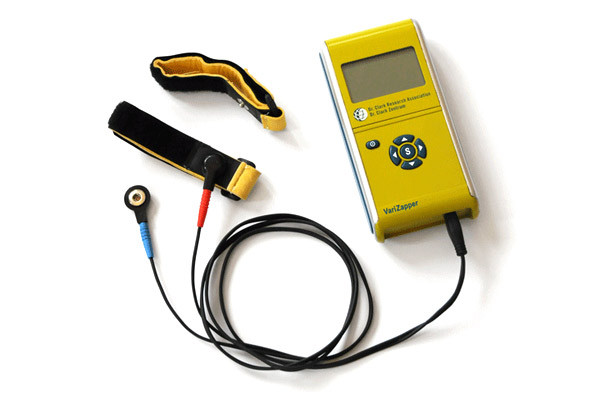 Dr. Clarks Zapper, The claim: Kills disease-causing parasites in the body with electricity and is effective in treating diseases like cancer and AIDS.The truth: The Switzerland-based company, along with its U.S. counterpart, sold a variety of gadgets, including the Zapper, the Super-Zapper Deluxe and the Syncrometer, without any reasonable basis to substantiate its advertising claims, according to the FTC. The company agreed to pay refunds to U.S. citizens in 2004.
Dr. Clarks Zapper, The claim: Kills disease-causing parasites in the body with electricity and is effective in treating diseases like cancer and AIDS.The truth: The Switzerland-based company, along with its U.S. counterpart, sold a variety of gadgets, including the Zapper, the Super-Zapper Deluxe and the Syncrometer, without any reasonable basis to substantiate its advertising claims, according to the FTC. The company agreed to pay refunds to U.S. citizens in 2004. -
5.
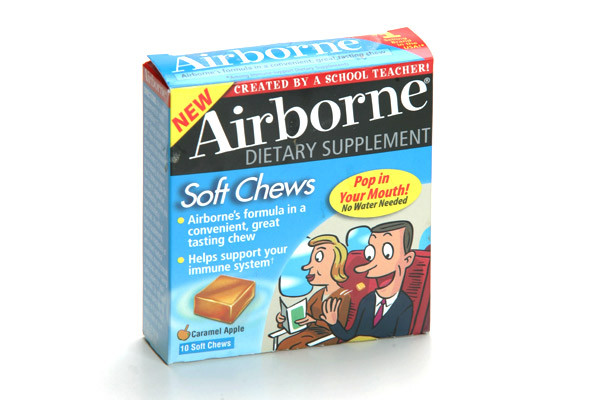 Airborne, The claim: The vitamin and herbal supplement, advertised as a miracle cold buster, fights off colds and builds immune systems.The truth: In 2006 ABCs Good Morning America investigated Airbornes claims that it was a cold remedy, reporting that its clinical trials weren't conducted by doctors. Two years later, the company agreed to pay customers 23 million in a class action settlement.
Airborne, The claim: The vitamin and herbal supplement, advertised as a miracle cold buster, fights off colds and builds immune systems.The truth: In 2006 ABCs Good Morning America investigated Airbornes claims that it was a cold remedy, reporting that its clinical trials weren't conducted by doctors. Two years later, the company agreed to pay customers 23 million in a class action settlement. -
6.
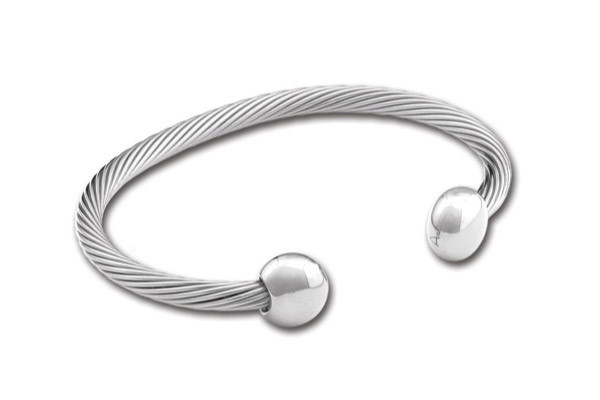 Q-Ray Bracelets, The claim: Provides immediate and significant pain relief from arthritis and other chronic conditions.The truth: After years of working its way through the court system, a lower court decision for the FTC was upheld by an appeals court in 2008 in an 87 million ruling against Q-Ray Bracelets, which promised pain relief despite lacking any scientific basis for the claim. In 2011, the FTC began mailing 248,931 refund checks to consumers who were misled by the company.
Q-Ray Bracelets, The claim: Provides immediate and significant pain relief from arthritis and other chronic conditions.The truth: After years of working its way through the court system, a lower court decision for the FTC was upheld by an appeals court in 2008 in an 87 million ruling against Q-Ray Bracelets, which promised pain relief despite lacking any scientific basis for the claim. In 2011, the FTC began mailing 248,931 refund checks to consumers who were misled by the company. -
7.
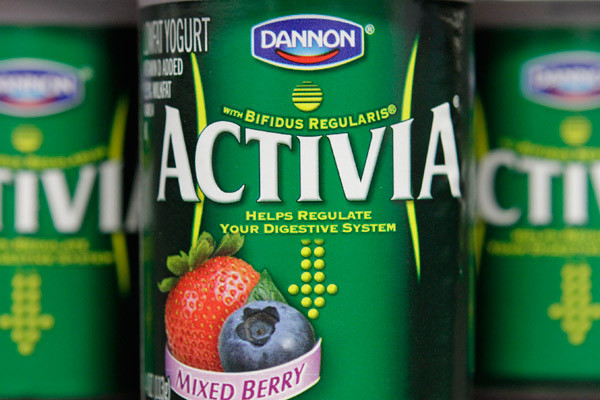 Dannon Yogurt, The claim: DanActive helps prevent colds and flu one daily serving of Activia relieves temporary irregularity and helps with slow intestinal transit time.The truth: After an FTC complaint regarding the substantiation of its claims, Dannon agreed to settle FTC charges and drop claims that the yogurt reduced the likelihood of getting sick and helped with, ahem, irregularity. In 2010, a judge ordered Dannon to pay 45 million in damages.
Dannon Yogurt, The claim: DanActive helps prevent colds and flu one daily serving of Activia relieves temporary irregularity and helps with slow intestinal transit time.The truth: After an FTC complaint regarding the substantiation of its claims, Dannon agreed to settle FTC charges and drop claims that the yogurt reduced the likelihood of getting sick and helped with, ahem, irregularity. In 2010, a judge ordered Dannon to pay 45 million in damages. -
8.
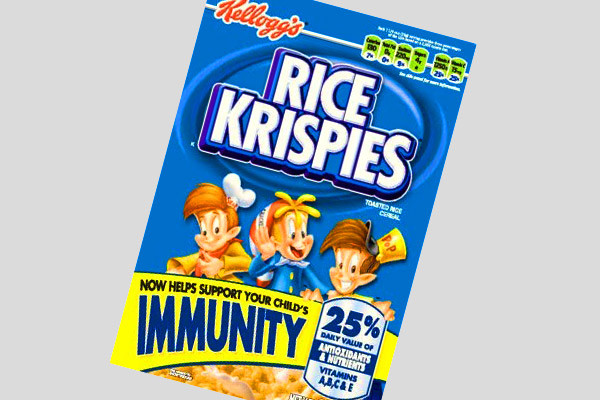 Kelloggs Rice Krispies Cereals, The claim: Now Helps Support Your Childs Immunity and provides 25 of the daily recommended amount of antioxidants, nutrients and vitamins.The truth: After drawing fire from critics during the height of the swine-flu scare in 2009, Kelloggs removed the claims from its boxes, saying, While science shows that these antioxidants help support the immune system, given the public attention on H1N1, the company decided to make this change. One food-policy expert said at the time, By their logic, you can spray vitamins on a pile of leaves and it will boost immunity.
Kelloggs Rice Krispies Cereals, The claim: Now Helps Support Your Childs Immunity and provides 25 of the daily recommended amount of antioxidants, nutrients and vitamins.The truth: After drawing fire from critics during the height of the swine-flu scare in 2009, Kelloggs removed the claims from its boxes, saying, While science shows that these antioxidants help support the immune system, given the public attention on H1N1, the company decided to make this change. One food-policy expert said at the time, By their logic, you can spray vitamins on a pile of leaves and it will boost immunity. -
9.
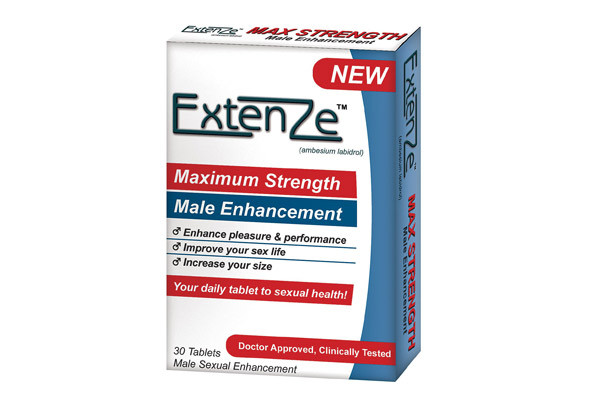 ExtenZe, The claim: Increases a mans penis size, among other things.The truth: While ExtenZe claimed that its product had been clinically tested, no credible scientific evidence was ever presented for this male-enhancement product. In 2010, ExtenZe had to pay 6 million in a class action for misleading consumers.
ExtenZe, The claim: Increases a mans penis size, among other things.The truth: While ExtenZe claimed that its product had been clinically tested, no credible scientific evidence was ever presented for this male-enhancement product. In 2010, ExtenZe had to pay 6 million in a class action for misleading consumers. -
10.
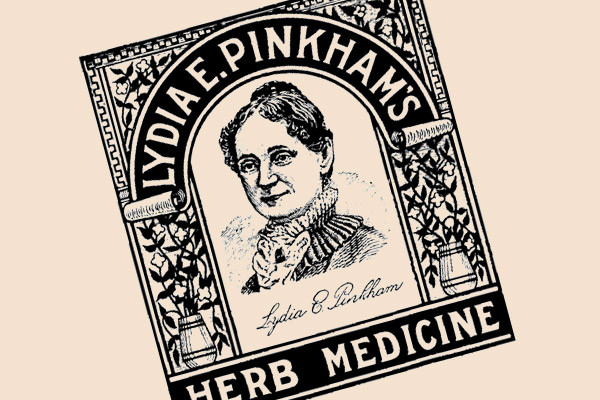 Lydia Pinkhams Vegetable Compound, The claim: The product cures all womanly ailments, including menstrual pain.The truth: As TIME wrote in 1936 about a squabble over the Pinkham family fortune among Lydias descendants, the only restorative ingredient was alcohol 19, later reduced to 15. The advent of the Food and Drug Administration led to a change of formula. Several products with similar names but no alcohol and which are not directly linked with Lydia Pinkham are still made by pharmaceutical companies today and marketed as herbal remedies.
Lydia Pinkhams Vegetable Compound, The claim: The product cures all womanly ailments, including menstrual pain.The truth: As TIME wrote in 1936 about a squabble over the Pinkham family fortune among Lydias descendants, the only restorative ingredient was alcohol 19, later reduced to 15. The advent of the Food and Drug Administration led to a change of formula. Several products with similar names but no alcohol and which are not directly linked with Lydia Pinkham are still made by pharmaceutical companies today and marketed as herbal remedies. -
11.
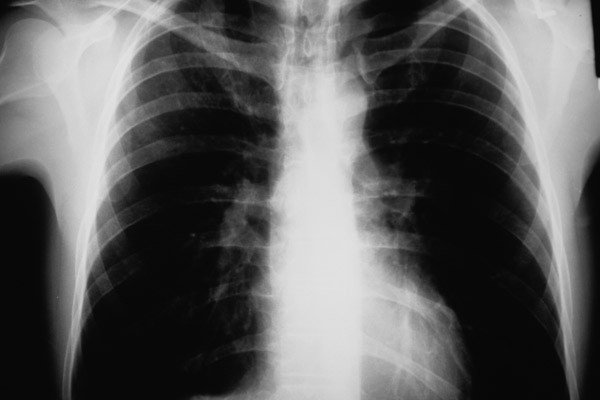 Dr. Kochs Cure-All, The claim: The drug, which Koch called glyoxylide, could cure practically all human ills, including tuberculosis and even cancer.The truth: As a 1948 TIME article noted, government chemists found nothing in glyoxylide except distilled water, even though Koch used it and little else to treat cancer patients. The FDA kept a close eye on Koch for years but never saw him prosecuted. Koch, whom FDA attorney William W. Goodrich called probably the smartest, brightest quack in the U.S., eventually fled the country for Rio de Janeiro in the late 1940's.
Dr. Kochs Cure-All, The claim: The drug, which Koch called glyoxylide, could cure practically all human ills, including tuberculosis and even cancer.The truth: As a 1948 TIME article noted, government chemists found nothing in glyoxylide except distilled water, even though Koch used it and little else to treat cancer patients. The FDA kept a close eye on Koch for years but never saw him prosecuted. Koch, whom FDA attorney William W. Goodrich called probably the smartest, brightest quack in the U.S., eventually fled the country for Rio de Janeiro in the late 1940's. -
12.
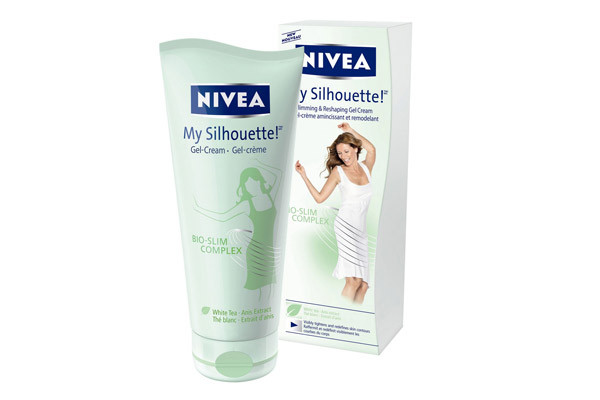 Nivea My Silhouette! Skin Cream, The claim: Regular use significantly reduces consumers body size.The truth: After an FTC complaint that Niveas parent company couldn't substantiate its claims, Nivea agreed to stop touting its Bio-slim Complex, which was just a combination of anise and white tea. It had to pay 900,000 in 2011 as part of a settlement.
Nivea My Silhouette! Skin Cream, The claim: Regular use significantly reduces consumers body size.The truth: After an FTC complaint that Niveas parent company couldn't substantiate its claims, Nivea agreed to stop touting its Bio-slim Complex, which was just a combination of anise and white tea. It had to pay 900,000 in 2011 as part of a settlement. -
13.
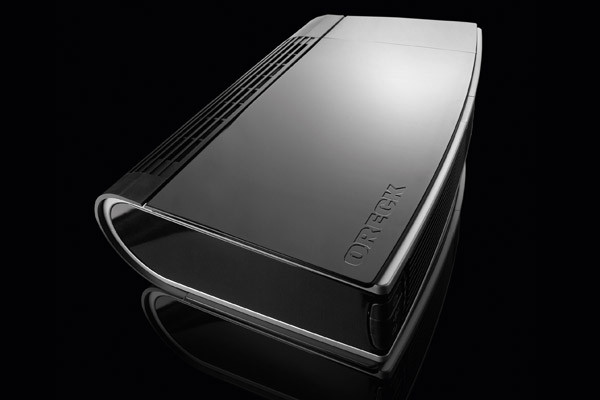 Oreck Halo Vacuum and ProShield Air Purifier,The claim: The products reduce the risk of flu and other illnesses while eliminating virtually all common germs and allergens.The truth: Oreck stopped touting the products alleged germ-fighting benefits after reaching a 750,000 settlement in 2011 with the FTC, which argued that the company did not have competent and reliable scientific evidence to support its assertions.
Oreck Halo Vacuum and ProShield Air Purifier,The claim: The products reduce the risk of flu and other illnesses while eliminating virtually all common germs and allergens.The truth: Oreck stopped touting the products alleged germ-fighting benefits after reaching a 750,000 settlement in 2011 with the FTC, which argued that the company did not have competent and reliable scientific evidence to support its assertions. -
14.
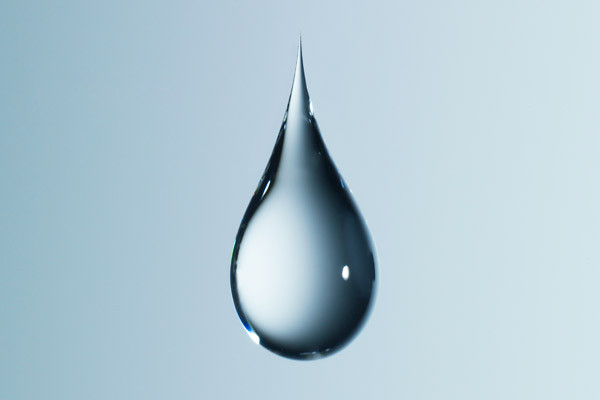 Norelco Clean Water Machine,The claim: Makes tap water clean or cleaner.The truth: In 1988, a judge found that Norelco sold its Clean Water Machine even though it knew that the purifier added a potentially hazardous chemical to tap water. The filter had been made with cement containing methylene chloride, which was considered a cancer-causing agent. Norelco was forbidden to misrepresent any tests of its products or the performance of the purifier.
Norelco Clean Water Machine,The claim: Makes tap water clean or cleaner.The truth: In 1988, a judge found that Norelco sold its Clean Water Machine even though it knew that the purifier added a potentially hazardous chemical to tap water. The filter had been made with cement containing methylene chloride, which was considered a cancer-causing agent. Norelco was forbidden to misrepresent any tests of its products or the performance of the purifier.
- REPLAY GALLERY
-

- The Too-Good-to-Be-True Product Hall of Fame
- NEXT GALLERY
-
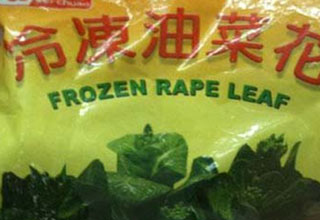
- Companies That Failed At Naming Their Products
Reebok EasyTone Shoes and Apparel, The claim: "Better legs and a better butt with every step. In an ad featuring a fit and attractive model, Reebok claimed that its walking shoes, running shoes and flip-flops were proven to work your hamstrings and calves up to 11 percent harder and that they toned the buttocks up to 28 percent more than regular sneakers, just by walking.The truth: Though it did not admit to anything, Reebok settled Federal Trade Commission charges, agreed to pay 25 million and promised to stop making claims that toning shoes or apparel strengthen or tone muscles without scientific evidence. Anyone who bought these items can submit a request for a refund here.
14/14
1/14


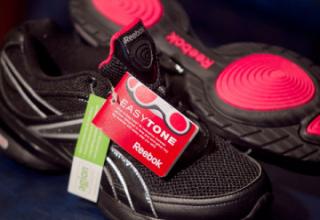



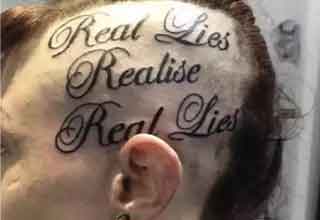
80 Comments